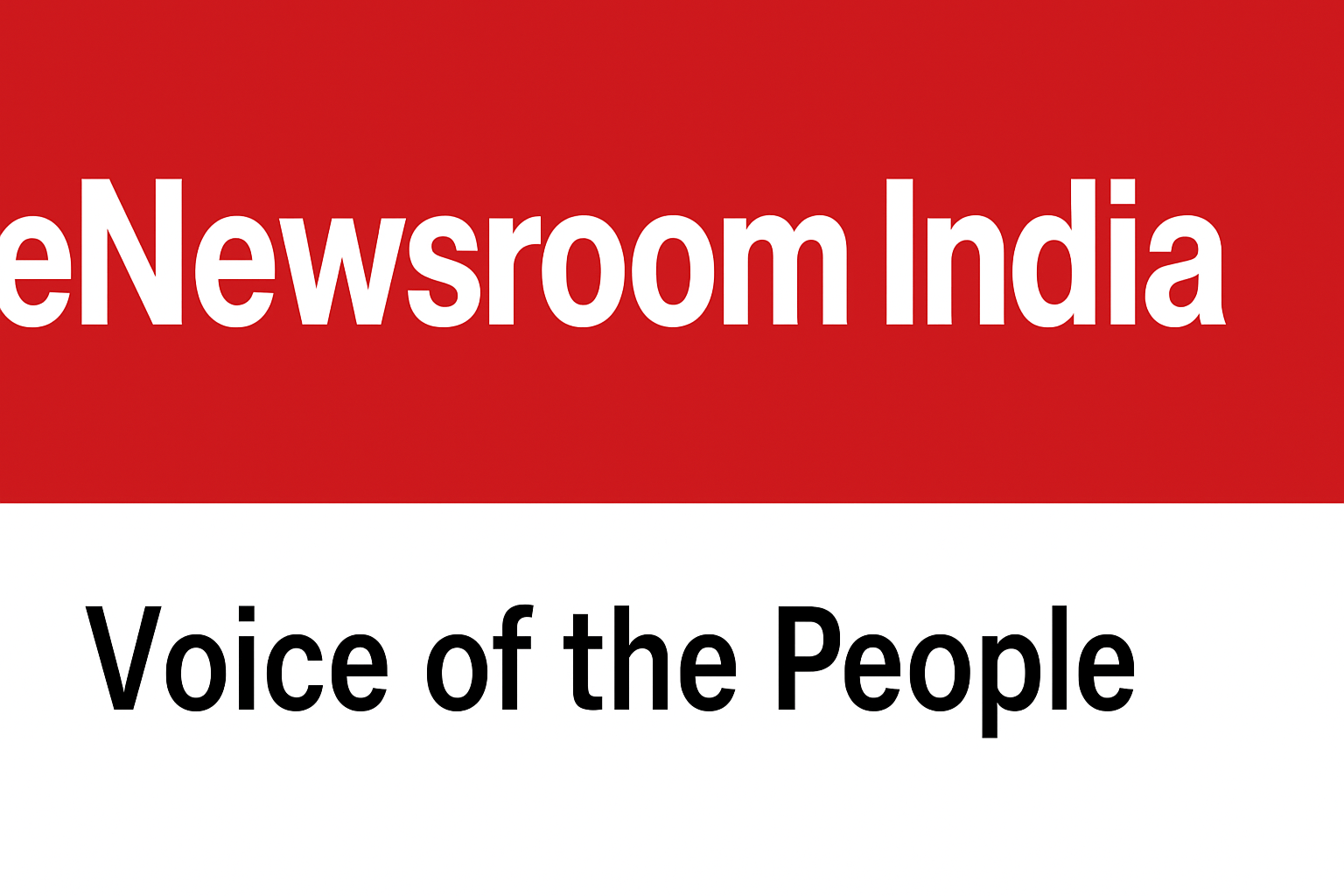[dropcap]O[/dropcap]n this auspicious occasion of the 79th Indian Independence Day Celebration, as our tricolour flutters proudly in the sky, we gather not only to rejoice in our political freedom but also to reflect on the deeper meaning of independence — the independence of thought, of dignity, and from oppression.
History reminds us that independence is not an end in itself; it is the beginning of a longer and more challenging journey. A flag may be raised in a single day, but the values it stands for take generations of courage, sacrifice, and relentless effort to realise. The sacrifices of our forefathers paved the way for us and for generations yet to come. Some of these sacrifices remain alive in our collective memory; others have been pushed into the shadows of history.
One such forgotten name is Sher Ali Afridi, the man who assassinated the Viceroy of British India, Lord Mayo, on 8 February 1872. The killing of the Viceroy — the supreme official in India appointed by the British Crown — sent shockwaves through Britain and its colonial administration. British sources described Sher Ali as “a fearless soldier and one who would have been selected for any service of danger.” Yet his memory, like that of many freedom fighters, has been deliberately erased from our historical narrative.
The story of independence across the world shows us a simple truth: formal freedom is not enough — it must be nurtured, defended, and expanded to reach all citizens equally. Take the United States of America, one of the oldest democracies, which declared independence in 1776 with the ringing words, “All men are created equal.” Yet, it took nearly a century for Arabella Mansfield to become the first woman lawyer in 1869 — and only because she challenged a law that excluded women. Women in the USA had to wait until 1920, almost 150 years after independence, for the right to vote.
For African Americans, the road was even longer. It took nearly two centuries and the 1954 landmark judgment in Brown vs Board of Education to end legal segregation in schools. Before that, in Plessy vs Ferguson (1896), the US Supreme Court had upheld racial segregation — a reminder that courts, too, can become instruments of injustice.
The United States is not alone in such contradictions. Many nations have passed laws that were once enforced with full authority but now stand exposed as morally bankrupt:
- Apartheid laws in South Africa, enforcing racial segregation for decades until the 1990s.
- The Rowlatt Act in colonial India, which curtailed basic freedoms and allowed detention without trial.
- The “Bloody Code” in 18th-century Britain, which imposed the death penalty for over 200 offences, many of them minor.
The lesson is clear: Independence does not guarantee equality, and laws do not guarantee justice. Sometimes injustice is not committed in defiance of the law, but in obedience to it. Correcting such wrongs demands moral courage, societal will, and years — even decades — of struggle.
Even in independent India, the battle is far from over. Untouchability, though abolished by the Constitution, persists in practice. A new form of untouchability now targets Muslims, with many such acts going unchecked, creating the impression that parts of the state machinery are complicit. Women remain underrepresented in many professions, often requiring judicial intervention to secure equality.
The incarceration of human rights defenders — Umar Khalid, jailed for over five years without trial; Father Stan Swamy, who died in custody; MF Husain, who lived in exile — marks a collective failure of the state, judiciary, and society. Victims of modern-day genocide have neither received reparation nor been spared continued persecution. Thousands have been detained in camps as “non-citizens,” with some dying in custody. Rahim Ali died with the tag of “foreigner” two and a half years before the Supreme Court declared him an Indian citizen. Citizens have been pushed into foreign territories on the false pretext of being foreigners, yet no official has been held accountable. And if tomorrow Umar Khalid is declared innocent, no functionary of the state will be punished — but “we, the people” will continue to pay the price.
The fear of being branded a “foreigner” has cost many their lives. This fear is enabled by the misuse of law and the silence of watchdogs like the judiciary and human rights bodies.
Our forefathers dreamed not just of an independent India, but of a just India — where dignity is universal, where opportunity is not limited by birth, gender, or belief, and where the law shields the weak rather than serving as a weapon for the strong.
Laws alone cannot ensure justice. Wielded with prejudice, they become instruments of oppression; guided by fairness, they become guardians of liberty. Similarly, independence is not a static possession but a living, breathing promise.
Let us cherish our freedom, but let us also recognise that freedom without justice is hollow. Our task is to ensure that when future generations gather under this flag, they inherit not only a free India but an India that has fulfilled the ideals for which our forefathers sacrificed everything.
Jai Hind!
This is an expanded version of the lecture delivered on 79th Independence Day at WBNUJS and Qutub-Ul-Mashaikh Trust. The views expressed in the article are personal.


